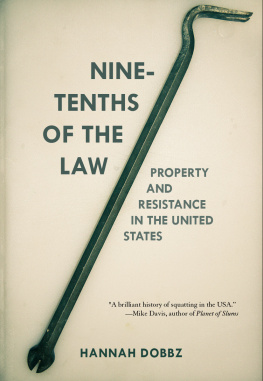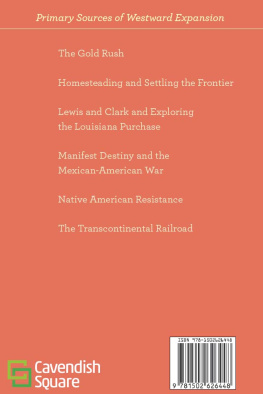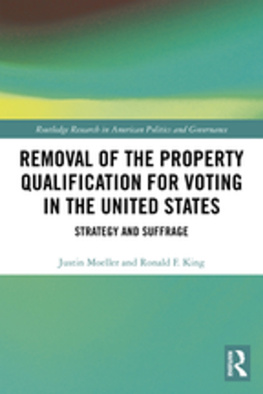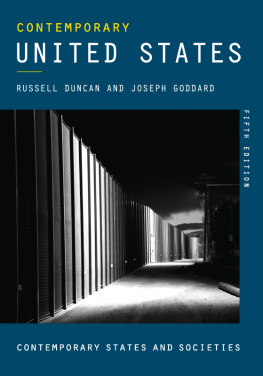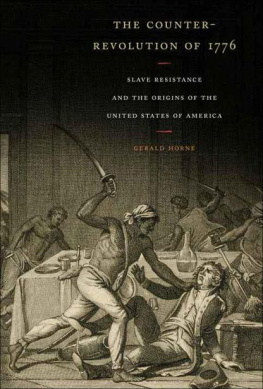Dobbz - Nine-tenths of the law: property and resistance in the United States
Here you can read online Dobbz - Nine-tenths of the law: property and resistance in the United States full text of the book (entire story) in english for free. Download pdf and epub, get meaning, cover and reviews about this ebook. City: Förenta staterna;United States, year: 2012, publisher: AK Press, genre: Politics. Description of the work, (preface) as well as reviews are available. Best literature library LitArk.com created for fans of good reading and offers a wide selection of genres:
Romance novel
Science fiction
Adventure
Detective
Science
History
Home and family
Prose
Art
Politics
Computer
Non-fiction
Religion
Business
Children
Humor
Choose a favorite category and find really read worthwhile books. Enjoy immersion in the world of imagination, feel the emotions of the characters or learn something new for yourself, make an fascinating discovery.
Nine-tenths of the law: property and resistance in the United States: summary, description and annotation
We offer to read an annotation, description, summary or preface (depends on what the author of the book "Nine-tenths of the law: property and resistance in the United States" wrote himself). If you haven't found the necessary information about the book — write in the comments, we will try to find it.
Dobbz: author's other books
Who wrote Nine-tenths of the law: property and resistance in the United States? Find out the surname, the name of the author of the book and a list of all author's works by series.
Nine-tenths of the law: property and resistance in the United States — read online for free the complete book (whole text) full work
Below is the text of the book, divided by pages. System saving the place of the last page read, allows you to conveniently read the book "Nine-tenths of the law: property and resistance in the United States" online for free, without having to search again every time where you left off. Put a bookmark, and you can go to the page where you finished reading at any time.
Font size:
Interval:
Bookmark:
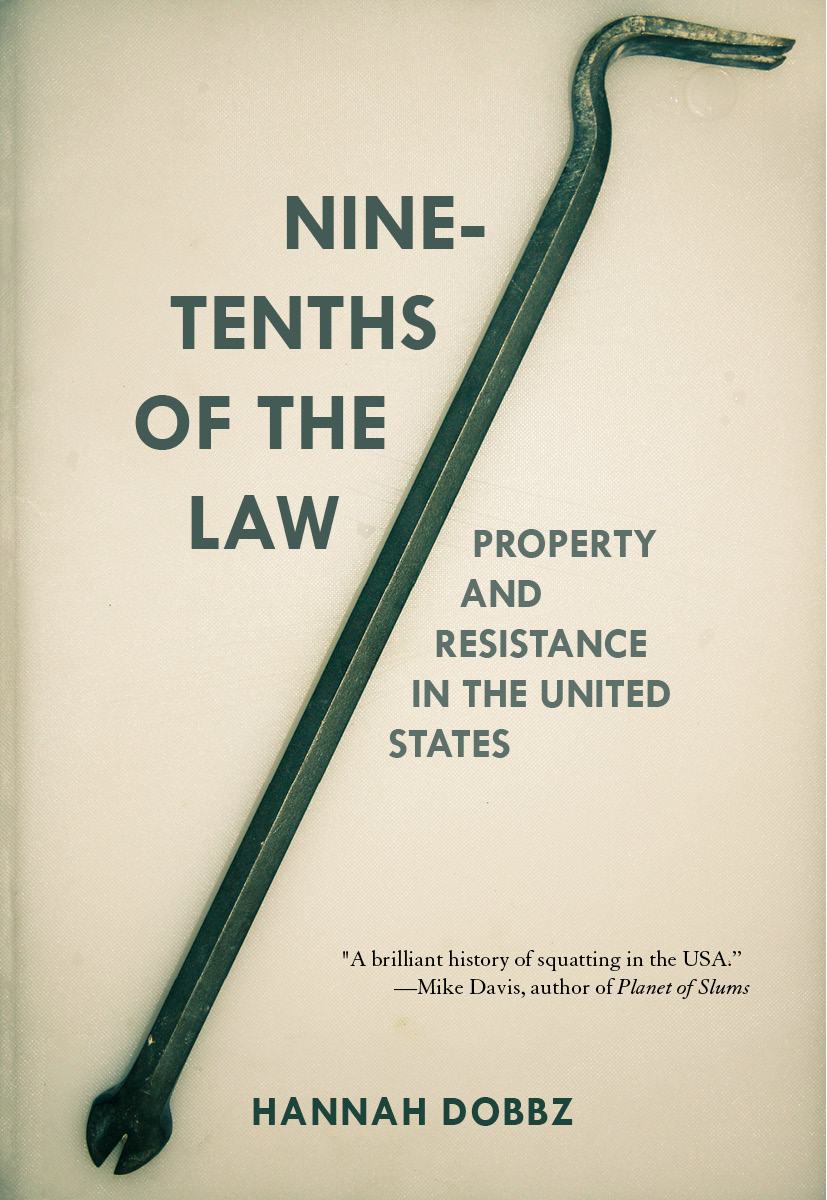

Considering how many people all over the world have been involved in squatting vacant properties, it is amazing to me that there are so few good books on the subject. Hannah Dobbzs book is a welcome addition. She deals with a wide range of approaches from the Native American Seizure of Alcatraz Island, to New York Squatters and Homesteaders of the 1980s, to the housing actions led by Occupy Wall Street today. She does not simply advocate but asks important philosophical questions about these tendencies. With Americas foreclosure crisis generating a landscape full of empty houses, one can see the rise of an even bigger squatters movement on the horizon. To those engaged in such activity, and those considering it, this book will be a valuable resource. Seth Tobocman , author of Understanding the Crash and Disaster and Resistance
Millions of foreclosed homes and abandoned buildings on one hand; millions of Americans desperate for decent shelter on the other. Hannah Dobbz makes the necessary addition of resources and needs in a brilliant history of squatting in the USA. Mike Davis , author of Planet of Slums
This is the thinking persons guidebook to urban and suburban squatting. Hannah Dobbzs book is about property in America, this history created all the time. This book lays it all out, from the days when George Washington was an illegal land speculator, property rights were entwined with genocide, and the Great Proprietors always won, to the resourceful new movements that have recently emerged to help people take empty houses during the foreclosure age. Using her own life, recent news stories, and generations of scholarly work, Dobbz waltzes through the bizarreries of the U.S. property system, from the iron logic of property speculation to the madness of arson for profit.
Her book tells the hidden histories we badly need to know, from lone wolf opportunists to political activists acting selflessly to house others. We read about the big city storiesfrom New York, Philadelphia, San Franciscoand navigate the entanglements of the foreclosure crisis, how people remain homeless as homes remain peopleless in the doomed suburbs of America. Rent-free living is no bed of roses, as squatters become the new villains for U.S. media, even as they face landlords setting fires and thugs doing evictions for hire. Learn why most of them dont care to own.
Dobbz book does more than just tell the story of squatting in the USAalthough that alone makes it a vital read. For those who arent quite ready for off-the-grid outlaw living, Dobbz explains land trusts and co-op ownership, along with the romance (and grime) of collective living. If youre thinking of squattingor just want to know more about legal theory of property and home ownershipthis book is for you. Alan W. Moore , author of Art Gangs: Protest and Counterculture in New York City
Nin e -Tenths of the L aw
P r o perty and Resistance in the United States
by Hannah Dobbz
Timeline g
Introduction 1
Chapter One:
And Then There Were None: Indigenous Land Struggles and the
Problem of Ownership 13
Chapter Two:
Scattering the Seeds of Discord, Misery, and Insurrection
with Both Hands: Land Distribution and Resistance in the
Eighteenth and Nineteenth Centuries 33
Chapter Three:
Junkspace and Its Discontents: A Modern History of
Urban Housing 63
Chapter Four:
The Rendering Scarce: Squatters in the Foreclosure Age 113
Chapter Five
Surreal Estate: Adverse Possession and Other Tales of
Squatters Rights 141
Chapter Six:
Outrunning the White Elephant: A Thoughtful Approach
to Homeownership 163
Chapter Seven:
Equitable Living without Equity: Housing Cooperatives and
Land Trusts 177
Chapter Eight:
The Stories of Spaces: Urban Planning and the Wonder of
Used Places 197
Conclusion 211
Appendix A: Property Research 231
Appendix B: Property Laws for Defending an Occupation 238
Appendix C: Organizing for Occupations Tips 4 Squatting 245
Appendix D: Glossary 255
Appendix E: Adverse Possession Code, State by State 257
Notes 261
Index 285
Crucial assistance in the production of this work was provided by Bella Bravo, Jane Moisan, Steve DeCaprio, Frank Morales, Amy Starecheski, Matt Metzgar, Fly, Matt Bruce, Eduardo Moiss Pealver, Bill Di Paola, Laurie Mittelmann, Richard Vallejo, Daniel Sheridan, Don Hughs, Brian Werner, Shaun Slifer, Lars Peterson, Andrew Kirtley, Nick Smith, Ashley Brickman, Morgan Ress, Adriana Camarena (for putting the damn idea in my head in the first place), Zoe Mizuho, Suzanne Shaffer, Kate Khatib, Zach Blue, and everyone who supported my Kickstarter campaign (you know who you are). Tangentially, Id like to thank the old Magpie Squat in Dublin, as well as Kip Adam and the whole Power Machine crewmy life may well have been ho-hum without you.
1773: King George III prohibits settling further west than Appalachia.
1785: Congress passes the Land Ordinance of 1785, establishing a method by which to divide and distribute land west of the Appalachian Mountains.
1787: New York legislature passes the Act Concerning Tenures of 1787, determining that all land be held in allodial title, rather than in feudal arrangements.
March 26, 1804: Congress passes the Land Act of 1804, according to which squatters north of the Ohio River (which was Indian territory) or in Louisiana were subject to a $1,000 fine or a year in prison.
1815: Congress passes the Preemption Act of 1815, which awards land to illegal settlers on a case-by-case basis according to certain conditions, including, but not limited to, the magnitude of improvements made on the land by those settlers.
: Congress passes the Occupancy Law, which mandates that squatters either get paid for the improvements they make on a property or have an opportunity to buy it, minus the cost of the improvements.
March 31, 1830: Congress passes an act banning group intimidation tactics and threatening potential lawbreakers with a $1,000 fine and two years in prison.
1830: President Andrew Jackson signs the Indian Removal Act of 1830, authorizing the government to exchange lands west of the Mississippi River for eastern tribal lands.
1830: The Preemption Act of 1830 passes, entitling any non-Indian settler on unsurveyed public domain to claim up to 160 acres and buy it from the government for $1.25 per acre.
1841: Congress passes the Preemption Act of 1841 (the most well-known Preemption Statute), further loosening laws intended to punish squatters.
1862: Congress passes the federal Homestead Act of 1862, providing an avenue for settlers to acquire federal land by living on it for five years and meeting its improvement requirements.
1887: Congress passes the General Allotment Act (or Dawes Act), authorizing the parceling of reservation lands for individual sale.
August 1953: House Concurrent Resolution 108 passes, abolishing the federally recognized status of first nations, eliminating approximately 109 tribes, and affecting 1,262,155 acres of land.
1968: The anti-racist White Panther Party is founded as a white response to the Black Panther Party; the group opens neglected properties and secures them for the underhoused.
Font size:
Interval:
Bookmark:
Similar books «Nine-tenths of the law: property and resistance in the United States»
Look at similar books to Nine-tenths of the law: property and resistance in the United States. We have selected literature similar in name and meaning in the hope of providing readers with more options to find new, interesting, not yet read works.
Discussion, reviews of the book Nine-tenths of the law: property and resistance in the United States and just readers' own opinions. Leave your comments, write what you think about the work, its meaning or the main characters. Specify what exactly you liked and what you didn't like, and why you think so.

